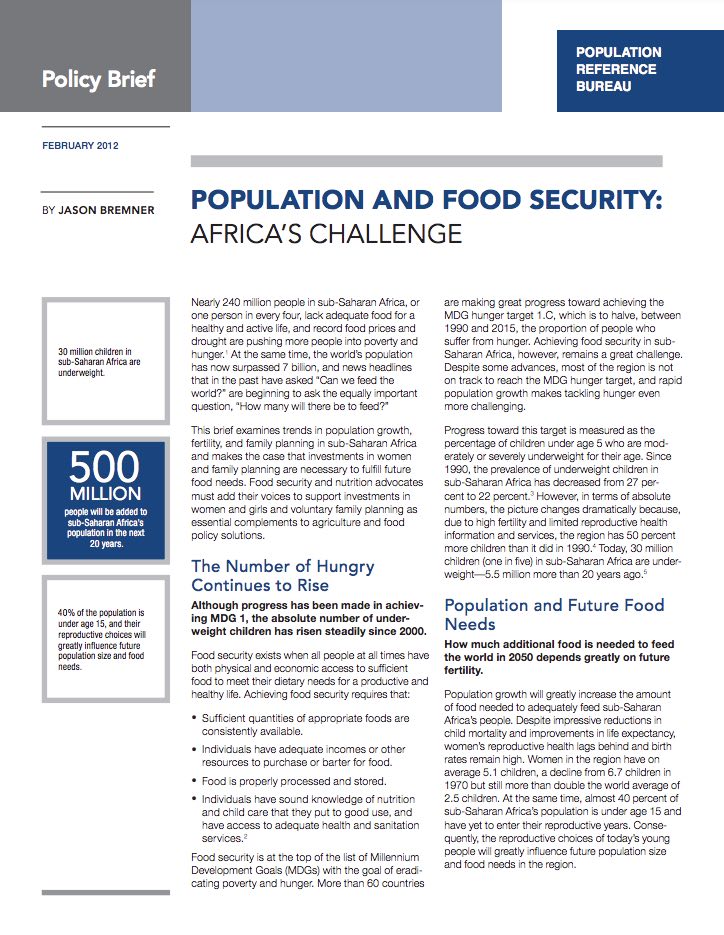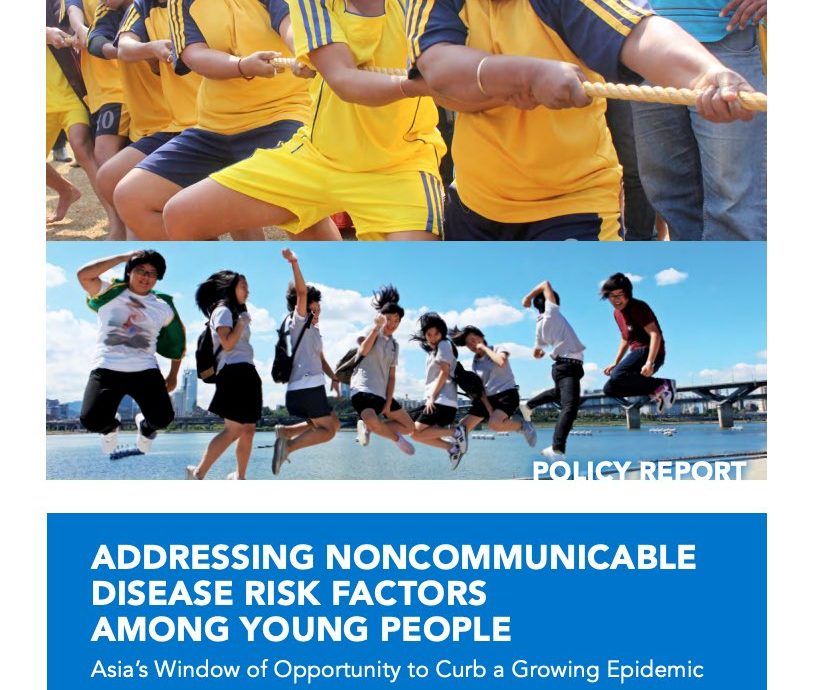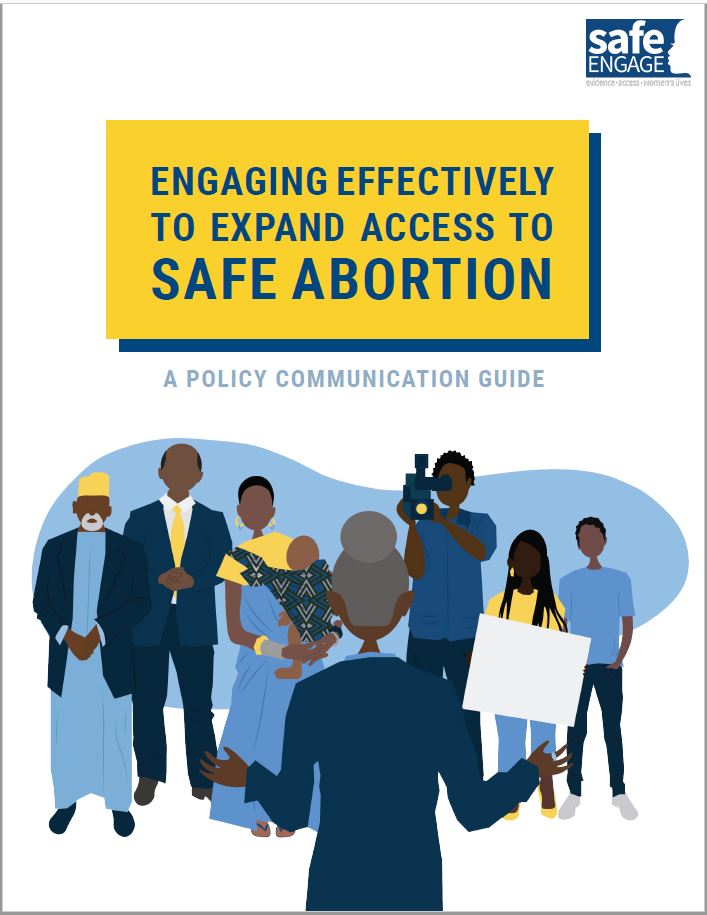598 Search Results Found For : "%EC%B2%AD%EB%8F%84%EC%B6%9C%EC%9E%A5%EB%A7%88%EC%8B%B8%EC%A7%80%EF%BC%BBKaKaotalk:Za31%EF%BC%BD%ED%95%98%EC%9D%B4%EC%9B%90%20%EC%BD%98%EB%8F%84:www.za32.net"

Can Drones Help Avert Contraceptive Stockouts? Maybe…
Drones might seem to be a natural solution to maintaining a more even contraceptive supply in hard-to-reach areas, but family planning supplies aren’t yet the ideal cargo.
PRB Discuss Online. Two Decades of Data Collection on Female Genital Cutting: What Has Changed?
(2011) For more than 20 years, since the first data collection in Sudan in 1989, the Demographic and Health Survey (DHS) team at Macro International has been tracking the prevalence of female genital cutting (FGC), also known as female genital mutilation and female circumcision.

Population and Food Security: Africa’s Challenge (Part 1)
(2012) Nearly 240 million people in sub-Saharan Africa, or one person in every four, lack adequate food for a healthy and active life, and record food prices and drought are pushing more people into poverty and hunger.1 At the same time, the world’s population has now surpassed 7 billion, and news headlines that in the past have asked “Can we feed the world?” are beginning to ask the equally important question, “How many will there be to feed?”
Lesson Plan: Linking Population, Health, and Environment
(2005) The number of people on Earth, where they live, and how they live all affect the condition of the environment.
The Growing Owner/Renter Gap in Affordable Housing in the U.S.
(2013) National trends mask a growing owner/renter gap in the amount of money spent on housing, relative to household income.


